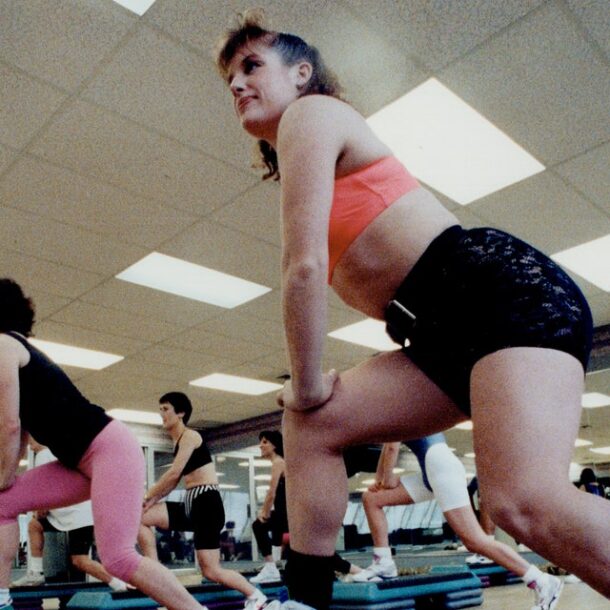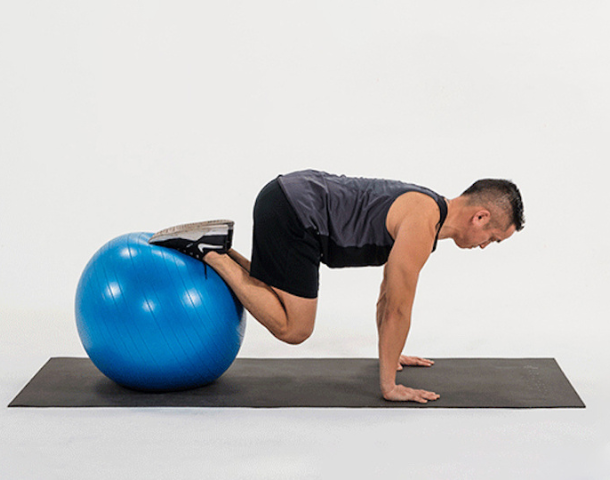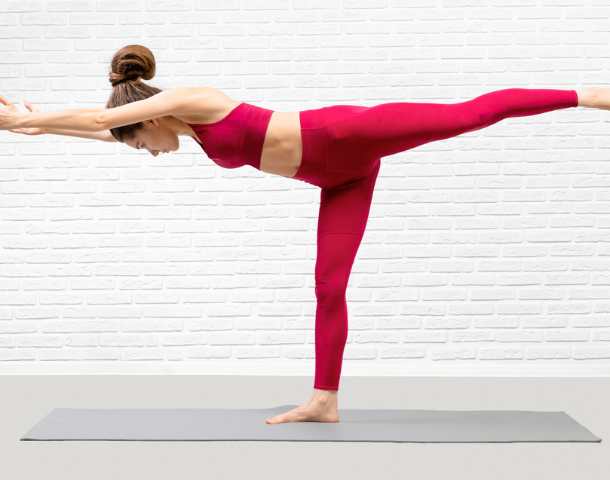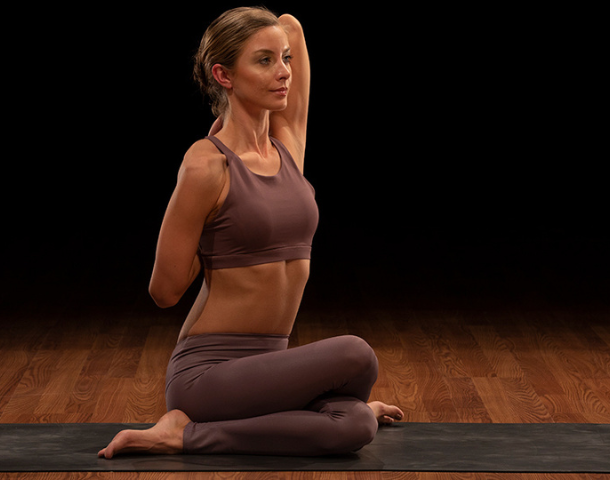
Your Guide to the 2024 Summer Olympics
Whether you’re a casual sports fan, a rabid must-watch-it-all viewer, or simply curious about what all the chatter is about, the 2024 Paris Summer Olympics is an event you’ll definitely want to mark on your calendar.
This historic international competition brings together the best of the best athletes from around the world for a thrilling few weeks of competitions, rivalries, and can’t-miss cultural moments. An anticipated 10,500 athletes across 32 sports will soon flock to France for the 33rd edition of the Summer Games, and trust us: You don’t want to miss any of the action.
With that in mind, we compiled the all-inclusive guide below to answer all your important Olympics questions. From intel on when and exactly where the Games take place to key stats on the different sporting events and how to tune in from home—plus a whole bunch more—here’s what you need to know. Let the countdown to Games begin!
So, when are the Olympics?
The Paris 2024 Summer Olympics will officially run from Friday, July 26, to Sunday, August 11, with the opening and closing ceremonies happening on those dates. A few sporting events, including handball, soccer, and rugby, will kick off earlier, on July 24, but the bulk of the competition will take place in between the opening and closing ceremonies.
And where exactly will the Games be held?
You’d expect all the events for the Paris Olympics to take place in, well, Paris. But here’s the twist: Competitions will actually be held throughout France, plus one will actually be in Tahiti (!), an island that’s part of French Polynesia. There are 35 different sporting venues, including 13 in the Paris area, 12 in the Île-de-France (a broader region that surrounds the capital city), and nine scattered across other parts of the country (and Tahiti).
These include a soccer stadium in Nice (a city on the southern coast of France), a sailing venue in Marseille (also on the country’s southern coast), and a basketball and handball arena in Villeneuve-d’Ascq in northern France. Then of course, there’s Tahiti, which will host five days of surfing competition off the shores of the coastal city of Teahupo’o.
Where will the Olympic stadium be?
The Olympic Stadium is the Stade de France, the country’s largest stadium, located in Saint-Denis, a suburb north of Paris. Constructed in the ’90s to bolster France’s chances of hosting the 1998 FIFA World Cup, the Stade de France will host the closing ceremonies, along with various sport events, including rugby matches and lots of track and field competitions.
How many sports and events will be at the Paris Games?
There will be 329 total events at the Games across 32 different sports. This includes breaking (a.k.a. break dancing, a brand-new Olympics sport this year!), plus a bunch of others. You can expect all the classics—like swimming, tennis, gymnastics, and athletics (i.e. track and field)—as well as more niche ones, like archery, skateboarding, and trampoline, to name a few.
How many countries are competing in the 2024 Games?
Athletes from more than 200 countries will participate in the Games, along with members of the International Olympic Committee (IOC)’s Refugee Olympic Team. The Refugee Olympic Team was first created for the 2016 Rio Summer Games to both offer a symbol of hope for and shine a light on the global refugee crisis; it formed again for the 2020 Tokyo Summer Games. The 2024 team is still in the works, but the IOC website currently lists several dozen athletes as members. They come from countries such as Syria, Iran, Eritrea, and others, and will compete in a number of different sports, like cycling, swimming, taekwondo, track and field, and more.
What will the opening ceremony be like?
Short answer: pretty cool. For the first time in Olympic Summer Games history, the opening ceremonies won’t be held in a stadium—instead, they’ll likely happen along the Seine, the iconic river that charts through the heart of Paris. (The caveat: There’s a chance the festivities could be moved to the Stade de France due to security threats, French president Emmanuel Macron announced in April, according to the Associated Press.)
Related Articles
2023 Healmyselfnow @ All Rights Reserved


